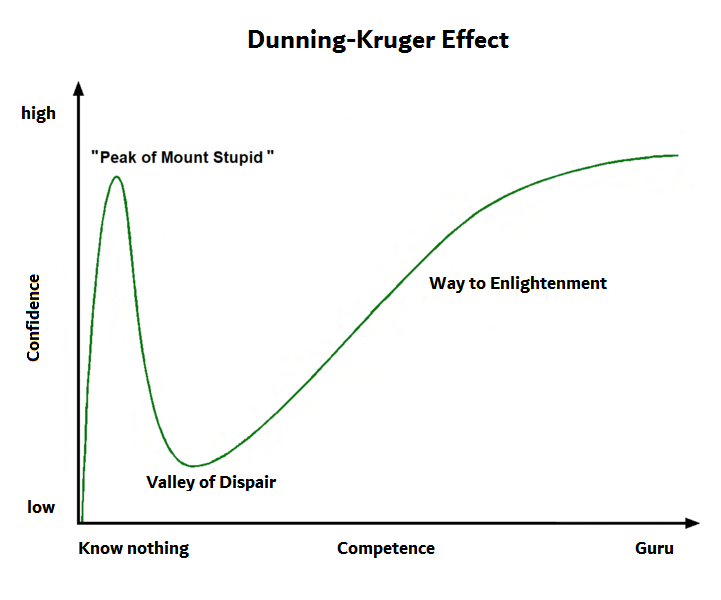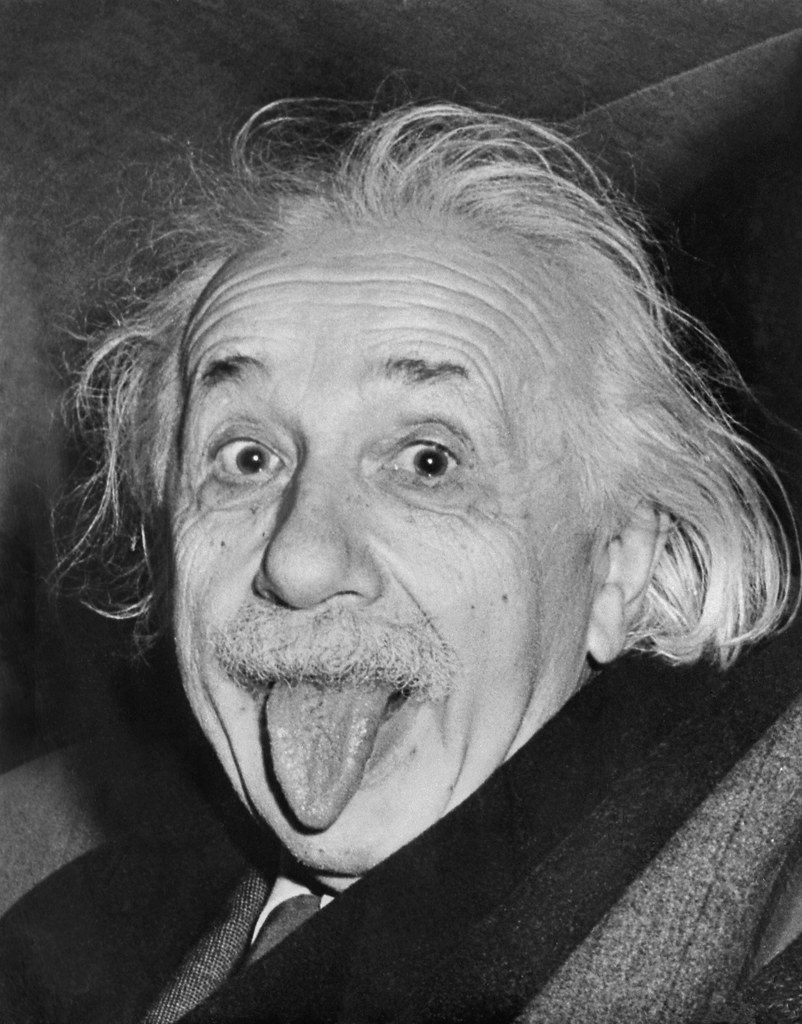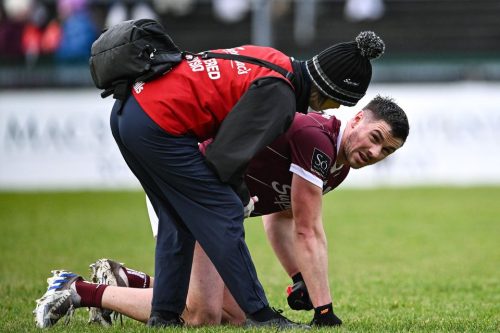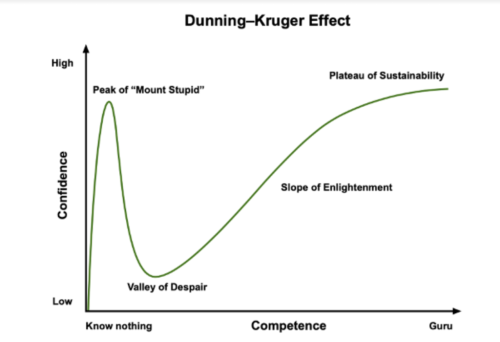
Kaizen in Everything. But Why?
“The only true test of intelligence is if you get what you want out of life.” – Naval Ravikant
Every coach comes with an air of confidence around the decisions that they make. However, there is a stark difference between a novice coach and a seasoned veteran. The biggest difference is that the novice will be 100% confident that their way is the only way to do it, whereas the veteran will be aware that they do not have the one true answer to any given question. There will always be some doubt in their mind as to if their final decision is the best one possible.
See, the novice bases all of their judgement off of what they’ve consumed up to that point, which will primarily be composed of literature and other people’s opinions. These resources can often be very black and white, right or wrong, leaving little room for rationality. They may indeed help the coach to resolve an issue, but who’s to say that the same issue could not have been resolved using a different approach? After all, everyone comes with their own biases, so often, what we read and consume can be extremely misleading.
In contrast, the more weathered individual will have one clear advantage over the former.
Experience.
Now this experience will come in the form of what they’ve consumed up to this point, which will almost definitely exceed that of the apprentice in its quantity. Due to the quantity of information they’ve gathered, they’ll understand the contradictory nature of much of the research out there. They’ll understand that any problem will have multiple solutions. It’s all about picking the right one for that particular problem at the right time. This is commonly the solution that has the most successful outcome, in the least amount of time, which is also the most accessible and expends the least amount of unnecessary energy.
The experience will also come in the form of the more useful, lived experience. The experienced coach will have seen what has worked in the past for themselves and for others. This will in turn give them more balanced judgement, in marrying both the theoretical and practical elements together, to select an approach that achieves the desired outcome. They may not be certain, but they know that they can make a fair stab at any problem that they’ve encountered previously.
The experienced coach may not be certain often, but they will be certain of one thing, and that is, that they know very little for certain.
See, along with the experience of getting things right, comes the experience of getting a lot of things wrong. What worked once may not work again, and what you were absolutely certain of just a few years ago, seems laughable to you now, in its naivety.
If we were to attempt to rationalise this phenomena, we would point to the Dunning-Kruger effect. This is a cognitive bias whereby people with limited knowledge within a domain, overestimate their competence within the same domain.

As you progress in the field, and realise the vastness of the current body of literature, along with the massive gaping holes in it, you realise that there’s so much to learn and so little time to do so. If there weren’t the gaps, then we would have no reason to continue researching. But like everything, science is ever evolving and almost never certain of anything. Every theory is up for disproval.
Awareness of how little we know for sure, is a prerequisite for genius in any field. We need look no further than Albert Einstein’s theory of general relativity, which begins, “It seems to me…”. Again, if we look at Darwin’s theory of evolution, he begins with “I think…”. These concepts are clearly acts of great genius, which have pushed science forwards a great deal in a very short amount of time. However, both great men leave room for error, as they, like Socrates, know that they “know nothing”. Genius always hesitates, and knows its limitations.
“The only true wisdom is knowing you know nothing” – Socrates

Now I’m not saying that every great coach has to be a genius in their field, but what I am saying is that they should at least be self-aware if they are to ever improve in their capacity. You see if you know it all, then there’s nothing left to learn. And if you have nothing left to learn, then you leave no room left for improvement. The moment you get comfortable as a coach, is the moment that you start to lose.
Eddie Jones put it best when he said recently, ‘You never are a good coach. You’re always becoming a good coach”. The real value is in that constant desire for self-improvement. That is something that is undoubtedly the common characteristic of every great coaching practitioner. Like our athletes, we always have to want to get better. It is what the Japanese would call “Kaizen”, which is defined as the process of continuous improvement. A principle that gives you a purpose, but never lets you settle.
“It is not the destination, it’s the journey” – Ralph Waldo Emerson
That insatiable desire to improve, coupled with an industrious work ethic, is what will set you out from the crowd in the long-term. Knowing just how little you know is not a bad thing. Everyone suffers from Imposter Syndrome from time to time. If you’re not experiencing it, then it’s likely you’re not being challenged and your goals are not ambitious enough.
I recently had a couple of conversations with coaches by far my senior, and they outlined that they still experience the effects of IS. That means that on occasion they won’t feel as competent as they are then being perceived. If coaches that are in the industry for over 10 years are still feeling this way, then it’s perfectly normal for any of us to feel the same way.
So, I urge all young coaches out there, to be less concrete in their judgements, question everything and make a commitment to constantly evolve your systems and processes. Question everything and make a conscious decision to continually improve.
Likewise, for those of you that come into contact with a coach that is completely definitive in his answers, try to steer clear of giving them your money. I know it’s not the answer you’re looking for, but most of their responses should begin with “it depends”.
So no, I don’t know it all and no I’m not a “great” coach yet, but I think that knowing that, indicates that someday I may just become one.

“The only true test of intelligence is if you get what you want out of life.” – Naval Ravikant

So, we can see that when it comes to our training, a certain volume of work when paired with adequate recovery is positive for our development, but if that same intensity of work is mismanaged and spiked, then the same exercise intensity can be toxic to the athlete.

Unfortunately, it takes a fall from the peak of mount stupid, on top of the Dunning-Kruger curve, for many of these lessons to land home.
Here to help you achieve your health and performance goals.
At Petey Performance, I’ll assist you every step of the way. What’s stopping you?
Take ownership today.
© 2021 All Rights Reserved
Subscribe to Petey Performance and get updates on new posts plus more exlusive content.